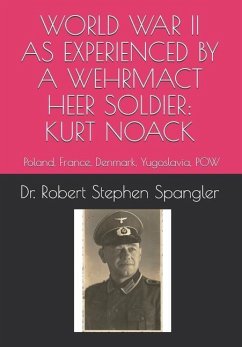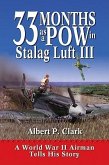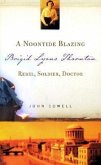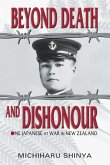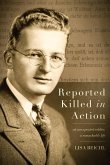I arrived in Bremerhaven, Germany, by troop ship mid December 1964. We were escorted to a troop train and started our journey into the heartland of Germany. The train made many short stops; contingents of soldiers got off and were met by a U.S. Army NCO with a clipboard as the train began to move again. As we moved into Germany, I thought about my family heritage and realized that I was probably more German/Irish than any other combination, but I also had French and Spanish blood and a small percentage of Native American blood. I looked forward to seeing Germany, France, and Spain since my life was being disrupted by a draft notice in July 1964 which I ignored and reenlisted. I had been divorced and that triggered the draft. Seems like my active duty time during the Korean War in the Infantry was a couple of months shy of fulfilling my active duty requirement. Also, even though I had temporary custody of my two young children, it only counted if it was permanent custody. My parents agreed to care for my daughter and son while I served again on active duty, this time in the field artillery.As the train moved ahead, I looked out the window, watching the countryside roll by between small villages and towns. I was shocked to see pristine towns, rebuilt roads and autobahns, and industrious people, older males and women mostly, working at their daily tasks. I expected a lot of rubble still; it was only nineteen years since World War II had ended and Germany had been severely damaged. I thought back about four relatives who had fought and served in Europe. My Aunt Eileen B., who was an RN, was 1st LT who saw more horror than the men on a day to day basis; her husband, my Uncle Bud B., who saw combat as a company grade officer in the Infantry; my Uncle Frank A., who was a belly gunner on a B17 and completed his required missions over Germany as the war ended; and then there was my Uncle Webby R., who was in the second or third wave of infantry soldiers who crossed the Remagen Bridge on March 7, 1945. He was seriously wounded when he stepped on an anti-personnel mine eight weeks before the war ended. As a child at my maternal grandparents' house, I used to hide and listen to these combat veterans tell their stories to each other when they thought no one else was listening. That's why, as I looked out my window on the train, I expected a defeated country with leftover rubble and a sad, depressed group of people, especially since Germany had been divided into East and West. Instead, I was seeing active, smiling, even people waving to us as the train passed. It was hard to believe how much progress they had made and were still making. Regardless, I thought that even though we were no longer an Occupation Force, we were still there to protect them from a possible, more likely probable, attack by Soviet Forces through the Fulda Gap, a natural invasion route which had been used by aggressors for over a thousand years. By the time I arrived in Frankfurt/Main and boarded a van which took us to an Army Compound in downtown Frankfurt/Main until our assigned units came with Deuce and a half trucks to pick us up, I enjoyed looking over the building, as it was a Wehrmacht Heer dormitory originally. While there I learned that the building ws now under the U.S. Seventh Army and my orders read I was assigned to Battery A, Second Battalion, 27th Field Artillery, which was in the Third Armoured Division. The operative word in my orders was field. We would spend about 182 days per year in the field training near the border in the Fulda Region according to the NCOs in Frankfurt/Main, and they told the truth. As I threw my duffle bag in the back of the Army truck and climbed up, in my plan was to do whatever job was assigned to me well and to see as much of Germany, France, and Spain as I could with earned leave time. I had absolutely no idea that I would rise from Pvt E2 to Spec/4 in a matter of months and then to Sgt E5] .
Hinweis: Dieser Artikel kann nur an eine deutsche Lieferadresse ausgeliefert werden.
Hinweis: Dieser Artikel kann nur an eine deutsche Lieferadresse ausgeliefert werden.

